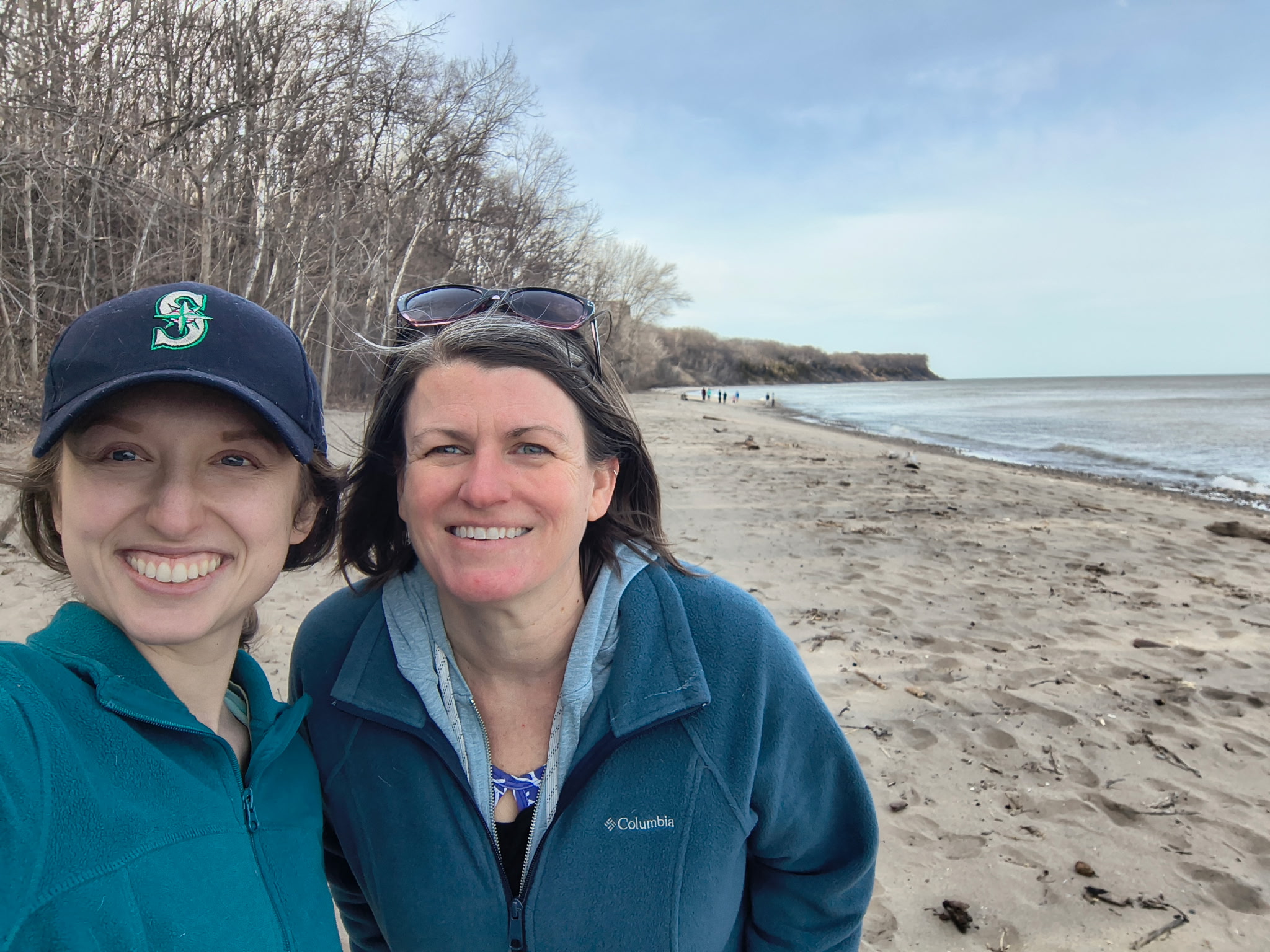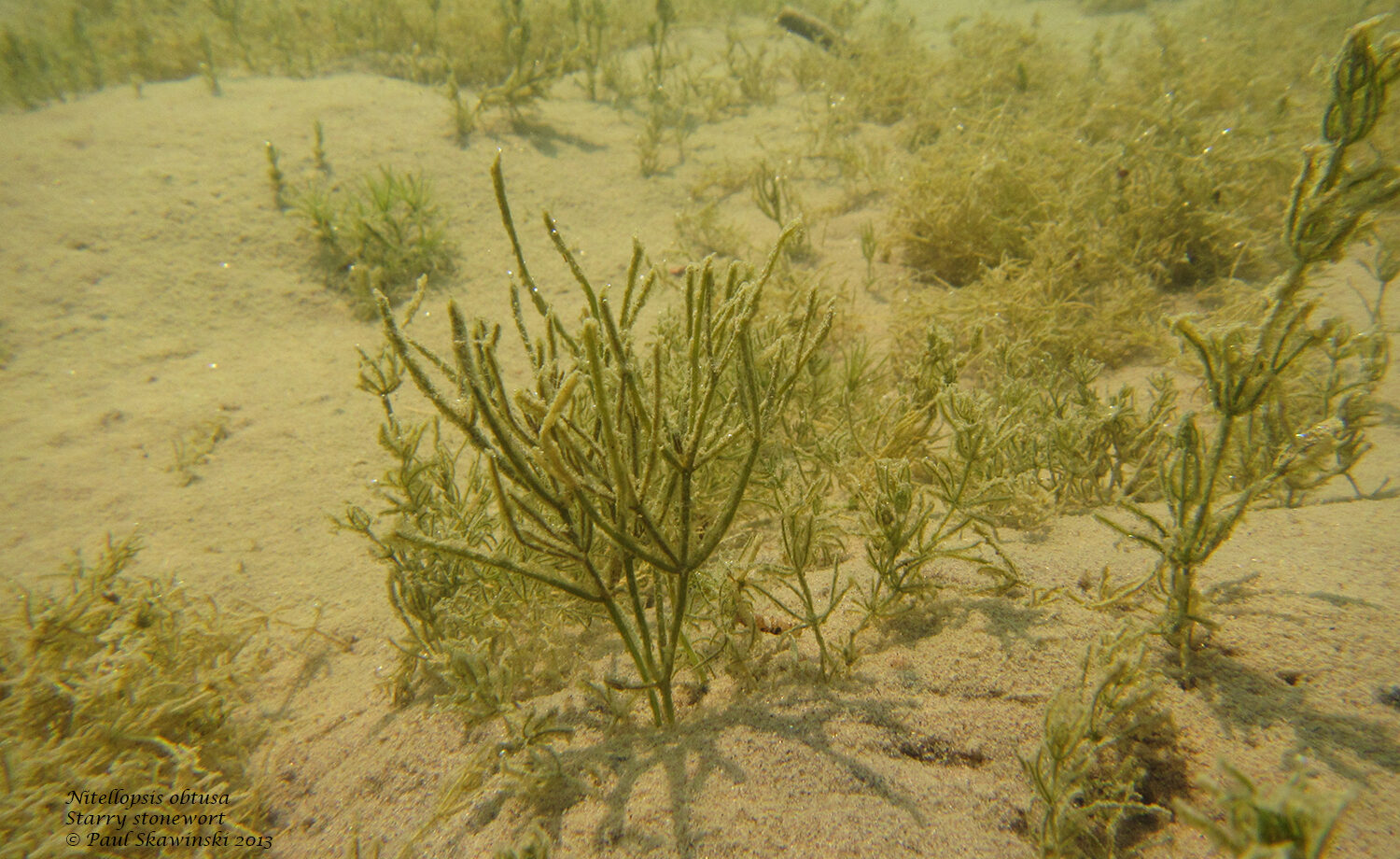Retired UW-Green Bay Prof. Bud Harris is so devoted to Sea Grant that he chaired the UW Sea Grant Advisory Council for 13 years. Before this baker’s dozen, Harris was involved with Sea Grant in one capacity or another since the 1970s, including 10 years as coordinator of the Green Bay subprogram. That experience allowed him to get familiar with the program’s grant cycles and the process for selecting research projects. “It’s always been a rigorous and competitive process,” Harris said.
Harris found the experience as chair rewarding and interesting. “The Sea Grant staff and leadership are just great to work with,” Harris said. “And the council members come from different walks of life, and offer different perspectives to the program.”
While council members don’t have a vote on what research projects are chosen every two years, they do meet quarterly to offer their comments and advice about which projects would be most relevant. “It’s all part of the process of identifying the research needs and priorities as well as trying to make judgments on the proposals themselves,” Harris said.
It is a transparent process that Harris is proud to have had a part in. “There aren’t any hidden agendas,” he said. “We solicit ideas from a variety of stakeholders. This ‘open book’ process is part of what’s led to the success of the Wisconsin program.”
Harris is typically modest about his contribution to Sea Grant. “Wisconsin Sea Grant is well-recognized nationally, and that makes you feel good. I don’t think that’s a legacy of any one member; it’s the effort of the whole program,” Harris said.
When pushed to identify something he is proud of, Harris admits he feels good about efforts to ensure that researchers from all Wisconsin campuses and academic institutions from across the state are encouraged to submit proposals. “It’s not a good-old-boys club,” Harris said.
Incoming council chair, Larry Wawronowicz, realizes he has large galoshes to fill behind Harris. “Bud has a wealth of information,” Wawronowicz said. “He’s been at this a long time and I’m just getting my feet wet.”
Wawronowicz is the natural resource director for the Lac du Flambeau Band of Lake Superior Chippewa Indians in Wisconsin. He started with Sea Grant 10 years ago as a member of Sea Grant’s other advisory group, the advisory committee on outreach and education.
As a member of the advisory council, he attempts to provide a tribal perspective on Sea Grant research. “I cannot represent individual Tribal Nations, but I can distribute information to them and provide Sea Grant with a perspective about their needs,” he said.
Wawronowicz
is looking forward to deeper involvement with research on a university level. “It’s a privilege and honor to be able to work with Wisconsin Sea Grant,” Wawronowicz said. “As I work as chairman of the council, I hope we can continue Bud Harris’s work and be able to have the other council members continue to provide their perspective to move university research forward in the state. That’s a pretty major responsibility and everyone on the advisory council takes it seriously. It’s a great group of people to work with.”
Keep in mind, Mr. Wawronowicz, some chairmanship turnover is expected, Harris’s lucky number 13 notwithstanding.





